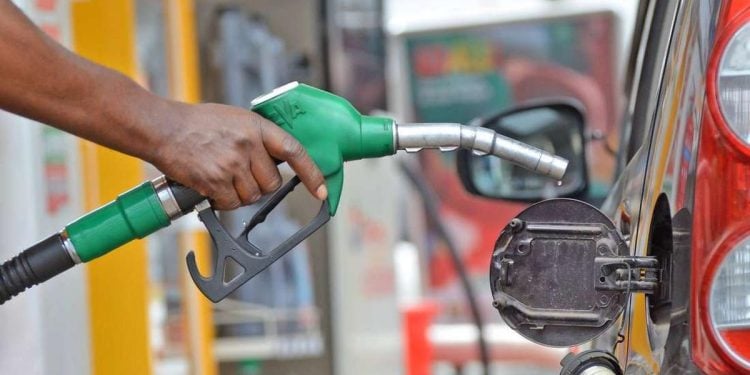The Ghanaian fuel market is bracing for a marginal price increase at the pumps beginning Friday, January 17, 2025. This impending rise is attributed to a confluence of factors, primarily the escalating global crude oil prices and the persistent depreciation of the Ghanaian cedi against the US dollar. These two elements combine to create upward pressure on the cost of imported petroleum products, which ultimately translates into higher prices for consumers at the filling stations.
The cedi’s vulnerability to external pressures has been evident in the early days of 2025, registering a 0.38% depreciation against the US dollar in the retail market. This weakening currency exacerbates the impact of rising global crude oil prices, making imported fuel more expensive in cedi terms. Dr. Riverson Oppong, Chief Executive of the Chamber of Oil Marketing Companies, has identified these twin forces – rising global oil prices and cedi depreciation – as the primary drivers behind the anticipated fuel price hike.
Dr. Oppong highlighted the rapid escalation of global Free-On-Board (FOB) plant prices, which experienced a 0.33% surge within a mere 24-hour period. This sharp increase, coupled with the ongoing exchange rate instability, contributes significantly to the mounting pressure on fuel prices in Ghana. The FOB price represents the cost of the fuel at the refinery before shipping and other related charges are added. This increase, therefore, directly impacts the landed cost of fuel in Ghana.
Oil marketing companies in Ghana operate within a regulatory framework established by the National Petroleum Authority (NPA). This framework includes a floor price mechanism, which sets a minimum price at which fuel can be sold. As Dr. Oppong explained, oil marketing companies are obligated to adjust their pump prices in accordance with the NPA’s floor price adjustments. With the expected upward revision of the floor price for the upcoming pricing window, consumers can anticipate a corresponding increase in pump prices, as oil marketing companies are bound by regulation to reflect these changes.
This impending fuel price increase unfolds against a backdrop of broader volatility in global energy markets. The interplay of geopolitical factors, supply chain disruptions, and fluctuating demand contribute to this instability, creating a challenging environment for oil marketing companies operating in Ghana. Their profitability is squeezed between the rising cost of imported fuel and the regulatory constraints that limit their pricing flexibility. Navigating these turbulent waters requires careful management and strategic planning to ensure their continued viability.
The situation in Ghana reflects a broader global trend of rising fuel prices, driven by complex and interconnected factors. The Ghanaian economy, heavily reliant on imported petroleum products, is particularly susceptible to these global fluctuations. The combination of a weakening currency and rising global oil prices poses a significant challenge for policymakers and consumers alike, requiring a delicate balancing act to mitigate the economic impact while ensuring a secure and reliable fuel supply. The ongoing situation underscores the need for long-term strategies to enhance Ghana’s energy security and reduce its dependence on imported fuels.














